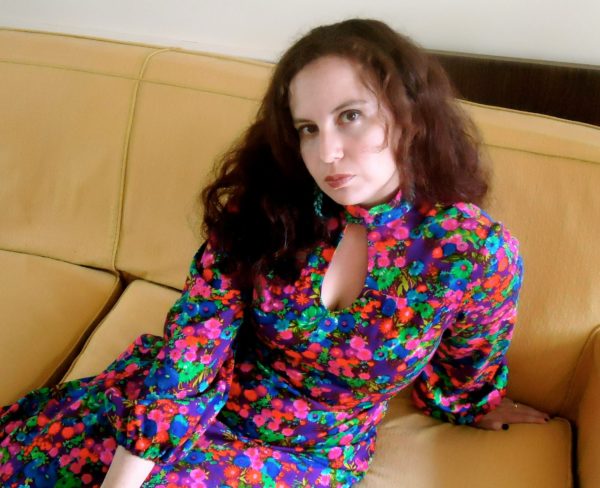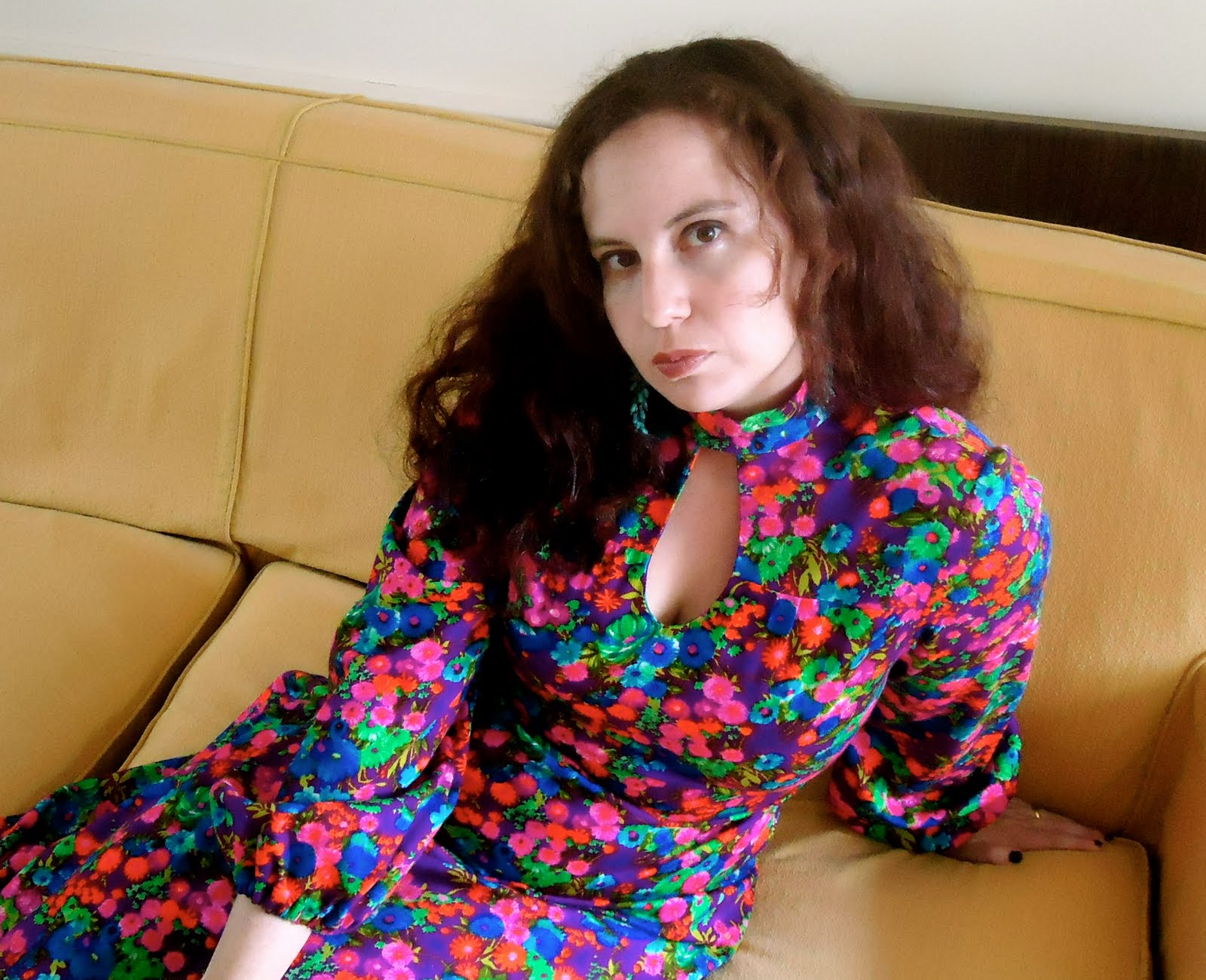
During the first week of school, I was asked in one of my classes to think about the question of what constitutes “monstrous.” It is a strange question, one that would most definitely never end up in small-talk conversations that usually start off the quarter. I had never really given the monstrous much thought; in fact, I stood at a distance from the topic because I am petrified of all things horror or gore, both of which seemed to encompass my initial perceptions of the monster.
Our professor, having studied medieval literature and the origins of the monstrous for years, must have been prepared for our collectively perplexed and astounded faces, as she switched the PowerPoint slide to a paper by James Cohen, who had published what he thought were the qualifications of the monstrous. He named this work “Monster Culture: Seven Theses.”
With our own professor’s question in mind, I scanned the slide to see if any of the theses intrigued me. Some seemed like common sense: “dwelling in a the gates of difference,” “[policing] the borders of the possible,” an inability to be categorized. The one that caught my attention, that made me think about the questions in all realms of life after I left the lecture hall, however, was the thesis on desire.
When I was young and would delve into the idealistic and sappy narratives of YA romance novels, I had this conception of desire that could only exist in utopia: the desire for love, success, happiness — “wholesome,” as people would describe it. This romantic side of myself remained even in college, until its innocence was thoroughly marred after reading Dorothea Lasky’s collection of poems, “Rome.” With this confusion and newfound pessimism, Cohen’s thesis struck me.
Cohen argues that the monster “is continually linked to forbidden practices … the linking of monstrosity with the forbidden makes the monster all the more appealing as a temporary egress from constraint … through the body of the monster fantasies of aggression, domination and inversion are allowed safe expression in a clearly delimited and permanently liminal space.”
What Cohen is implying is that what constitutes the monstrous is the expression of our hidden and forbidden desires. The Freudian thoughts, as well as the the erotic and vile thoughts, we have (and never share) can be relieved through our readings of the monstrous. They are detached and fantastical enough to bring us comfort, distant enough to not feel relatable or real. If they were that close, if they did not exist in the margins, it would be too raw, too real for us to accept.
Thus a question arises: What happens when someone breaks that fragile barrier between the monster and the human, embracing and projecting our hidden lust for hunger, greed for sex, thirst for violence and revenge? How do we handle that?
This the question you must contemplate when you read “Rome.”
Heartbreak and love are not addressed with beautiful metaphors but with brutal honesty, the darkest thoughts of the soul. Lasky is vicious, carnivorous, needy, everything we wish not to see in a romance narrative. Imagine the soul cracking, your body aching from a sudden loneliness. If, like me, you did not have the words to portray this pain, this rawness, Lasky does the job for you.
She begins with a quote by WB Yeats, immediately having us see the connection between the animalistic and the human: “Consume my heart away; sick with desire and fastened to a dying animal.” It is gruesome yet tender, violent yet beautiful, and these contradictory sentiments continue throughout her whole work.
What does it mean to be consumed? What is it to be sick from love, to be dragged by something dead and primal? What does it mean to see an image of children suckling on the tits of a wolf before even opening the book?
The answer to this question was one I was unwilling to accept until I had read the book in its entirety. As the narrative continues, we are introduced to poems with titles such as “Porn,” “People Do Really Bad Things” and “The Dead Owe a Lot of Taxes.” They are hopeless in their own way, simple enough in syntax for us to grapple with, but explicit enough to bring us a level of discomfort.
I believe Lasky knows about this discomfort, and that it is – in part – her hidden intent. It is common for us to feel an unease when we see such plain interiority as Lasky presents. The speaker addresses herself as “bloodless” in the first poem of the book “Hunter,” and ends the collection by saying:
“I will kill you/A sexless tiger/I will say what is your life/If not no one wants you/Only to track blood across cold snow/So I said no I will kill the next competitor/No I said I will hold my hand out again/When I meet him in the coliseum ground.”
The reason why it took me until this passage to fall in love with the book is because to love the book is to accept that Cohen’s thesis on what constitutes the monstrous is really a thesis on what constitutes the human. It is this carnal, wanton, desperate, concealed and not-so contradictory notion of the monstrous being linked with the self that brings discomfort, but also a sense of relief.
I think that we all have had moments when we feel like we see the ugliest sides of ourselves — this may be through killing scenes in movies, accidentally laughing at a funeral, seeking an evil revenge against your worst enemy or punching a wall with a fearful force due to frustration.
We are all monstrous in some ways, and it could even be argued that the creation of the monster was a way to excuse ourselves from that reality, to create a superficial barrier between the controlled and wild selves. Lasky proves that the barrier does not exist.
And so, I leave you with this: Let your heart be consumed, let your mind be enraptured by the hidden desires you have kept at bay. “Rome” gives you the opportunity for a dark catharsis — take it while you can. Let it eat you, body and soul. Trust me, it is worth the journey.
Contact Sun Paik at spaik97 ‘at’ stanford.edu.
